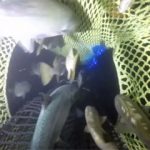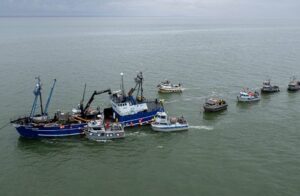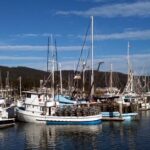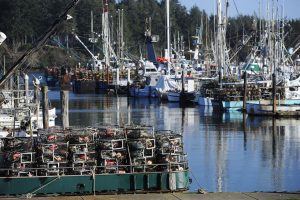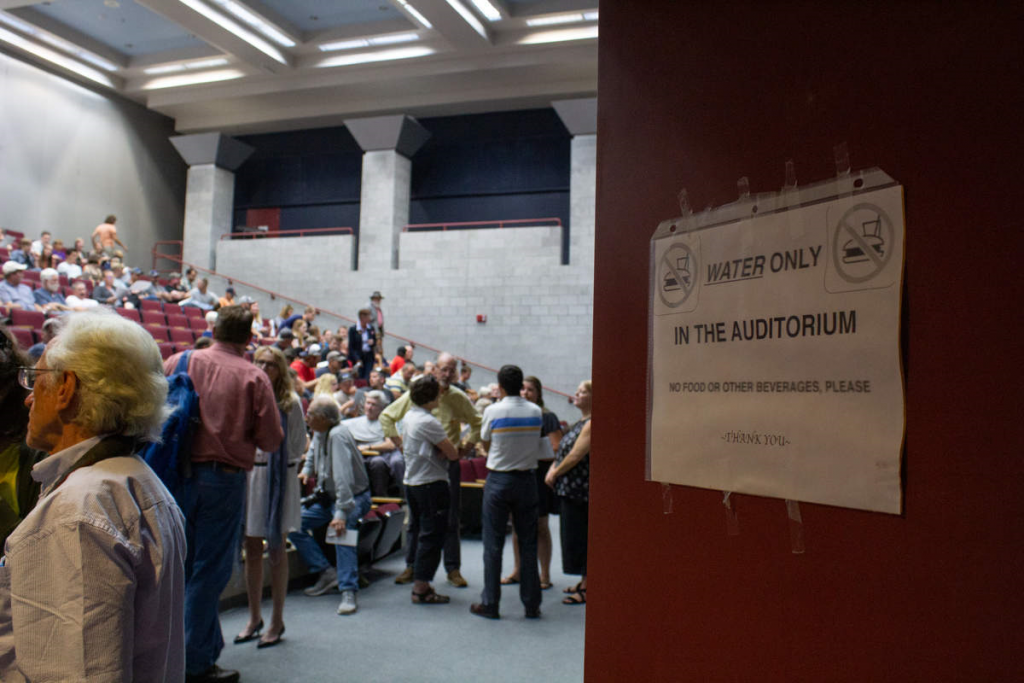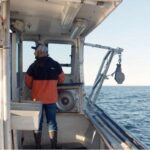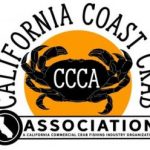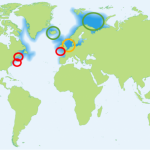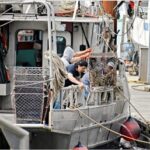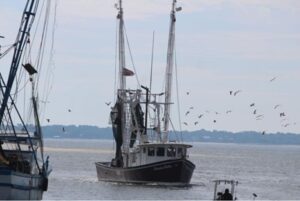Daily Archives: March 9, 2019
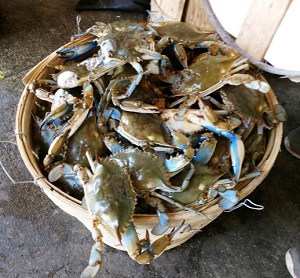
New experiment raises possibility of fresh N.C. soft-shell crabs year-round
An experiment to farm soft-shell crabs in North Carolina ponds could augment declining wild stocks and lead to having plenty of the delicacy fresh almost year round. Scientists from North Carolina and Mississippi will work together in a three-year venture to raise blue crabs and harvest them for the lucrative soft-shell market. Fresh soft crabs flood the market typically in May and June, at the height of molting season. A $339,239 grant from the National Oceanic and Atmospheric Administration will fund the project, managed by Sea Grant programs in both states. >click to read<20:24
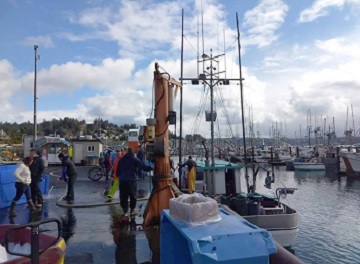
Port of Newport may tie moorage increase to upgrades
Faced with a growing stack of infrastructure improvements needed to keep the Port of Newport operational, its management is floating a plan that would tie an increase in commercial moorage directly to electrical upgrades on Port Dock 5 and Port Dock 7. Rates would increase each of three years under a proposal for which the port is now seeking feedback. The money would be a sure source of construction funds rather than the port relying on grants, which are questionable in their availability and how they can be used, said Director of Operations Aaron Bretz. “Other ports are wrestling with the same thing — they’re trying to raise rates and not succeeding and they have these infrastructure needs,” Bretz said. >click to read<18:02
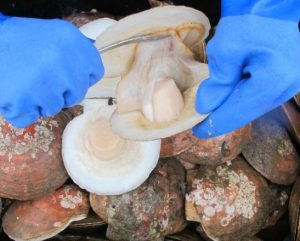
Maine shelled out fewer prized scallops in 2018
Maine’s scallop harvest declined by about a third in 2018, marking the first time in several years that the valuable fishery took a step back. The state’s scallop harvest is a drop in the bucket within the worldwide industry, but Maine scallops are prized because of their size and value. Maine scallops are also a conservation success story. >click to read<16:53
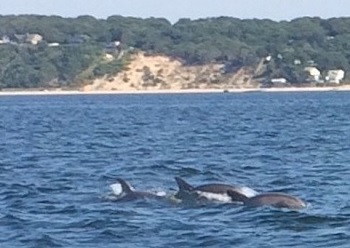
We destroyed the L.I. Sound in 50 years: an eyewitness account
I grew up in the farmhouse where I now live, and the place that always gave me solace and comfort was the Long Island Sound. Every time I went, there was something more to discover and see — animals, birds and fish in huge numbers, everywhere.,,, Fast forward to now. Most of the species of fish, birds, lobster, oyster, clams and mussels are gone – rarely seen or heard of any more. The mussel banks that held the sand and helped against erosion and 95 percent of the eelgrass are gone. What’s left is a sewer of huge dead zones all summer and filth washed out of rivers and streams in Connecticut, chemicals washed off of yards, out of boats, down roads and flushed directly into the Sound when it rains, seeped into the water through old septic systems still being used — and overflow when the sewers in the western end of the Sound get a lot of rain or a pipe breaks. >click to read<12:34
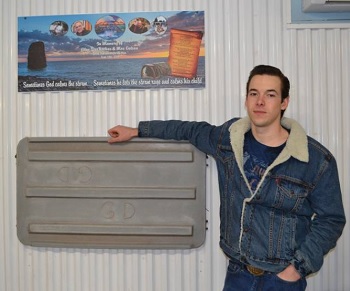
Tanner Gaudet sang to a seal, seagulls while fighting for his life after boat sank off P.E.I.
As he drifted away from the North Cape reef last September in the cold waters of the Gulf of St. Lawrence, Tanner Gaudet found himself in the company of two seagulls and a seal. Moments earlier, the 22-year-old lobster fisherman had freed himself from the Kyla Anne by flipping open the sunroof in the rapidly sinking lobster boat’s cabin and, using the small opening, escaped before the vessel slipped beneath the crashing waves. Two other members of the boat’s crew lost their lives in the Sept. 18 fishing tragedy.,,, Disaster for the three-man Kyla Anne crew struck in an instant. >click to read<11:12
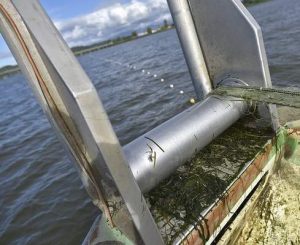
A major policy change – Washington State will allow gillnets in lower Columbia this fall
The Washington Fish and Wildlife Commission has agreed to allow the use of gillnets during the fall salmon fishery on the lower Columbia River while state fishery managers work with their Oregon counterparts to develop a joint, long-term policy for shared waters. The move is a major change in policy. Washington policy, approved in 2013, intended for the commercial fishery to have completed a transition from gillnets to alternative gear this year and be relocated away from mainstem Columbia River areas. However, the use of alternative gear has not yet been refined and the off-channel areas have been determined to be unsuitable. >click to read<10:05

































